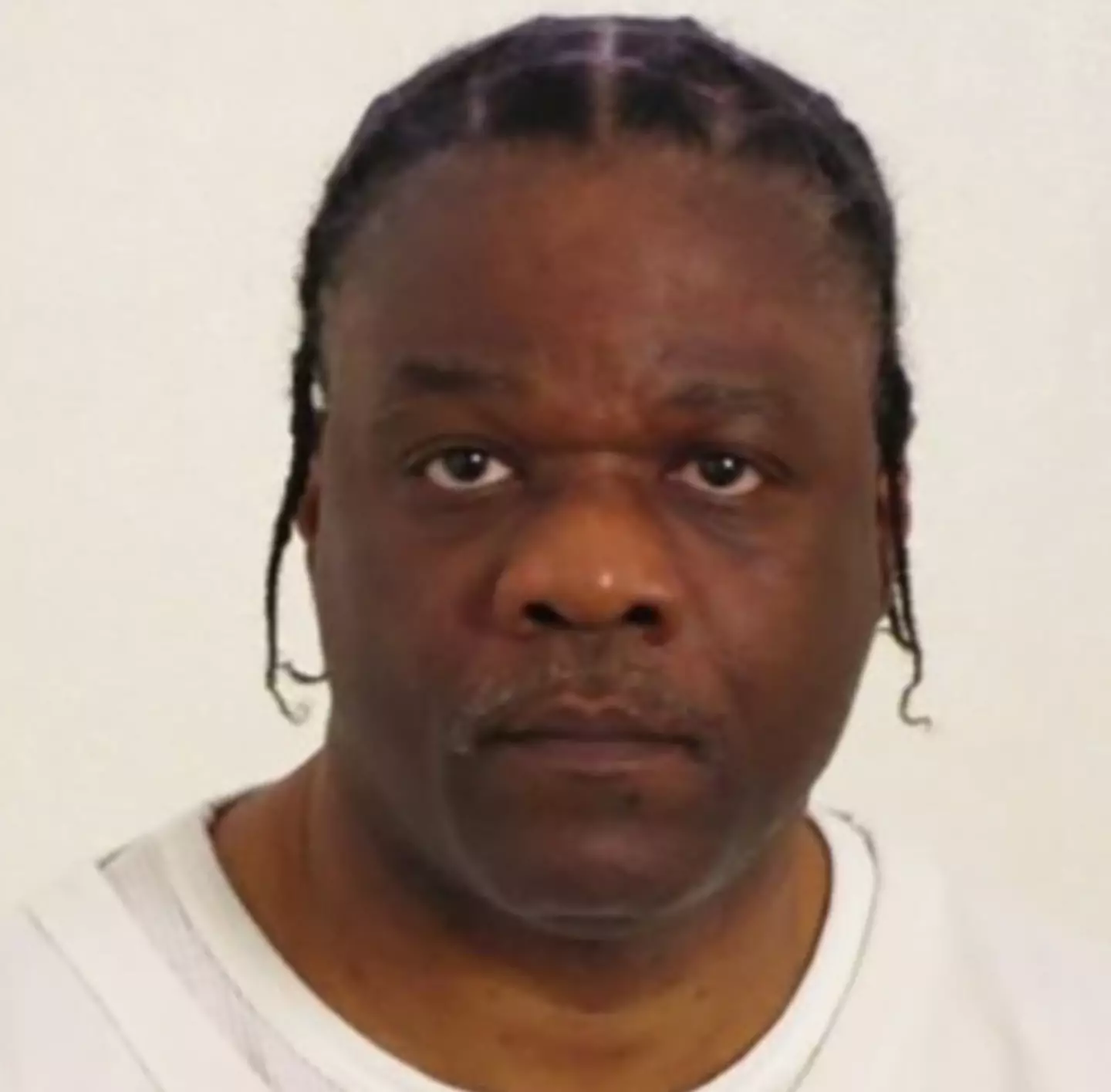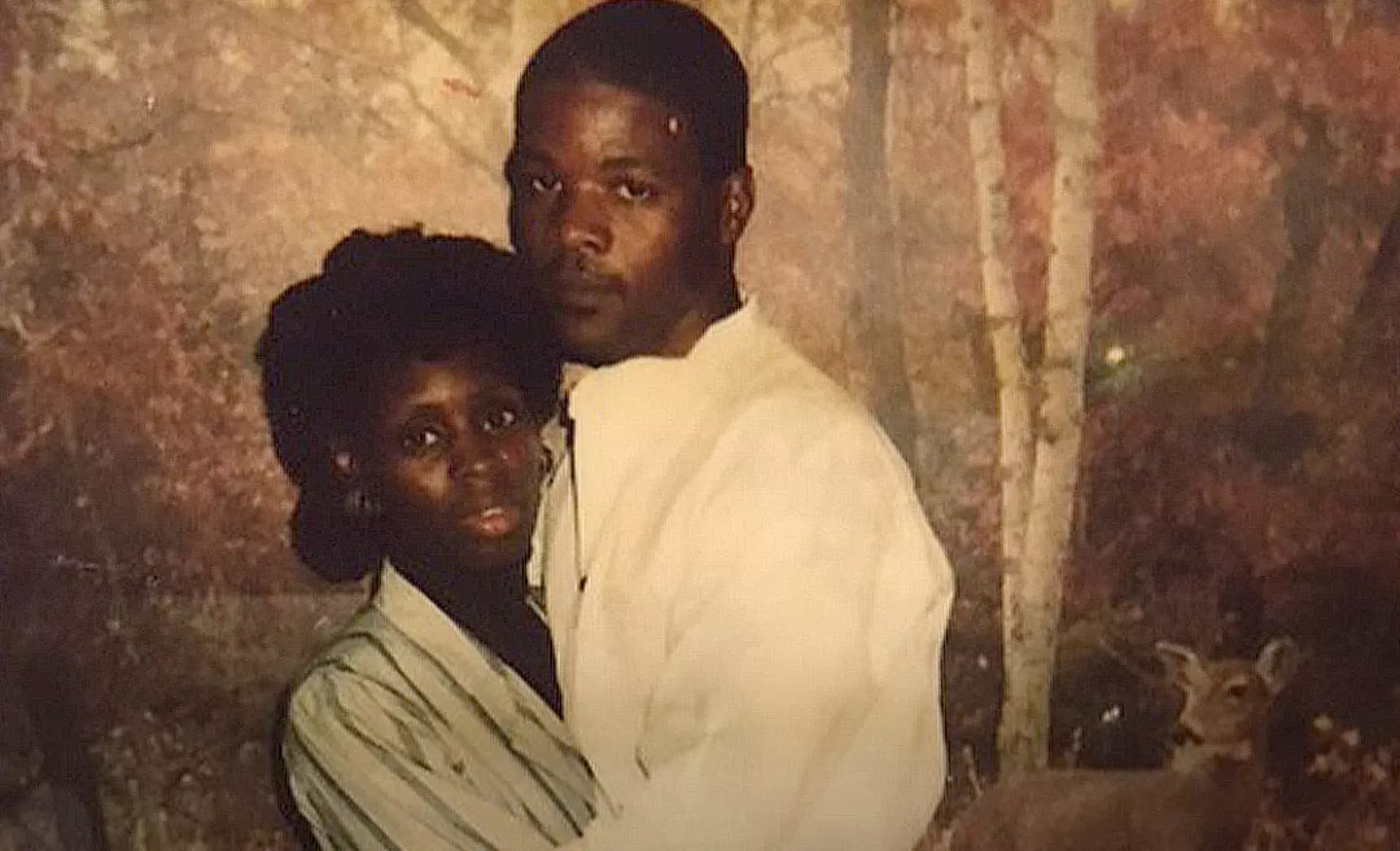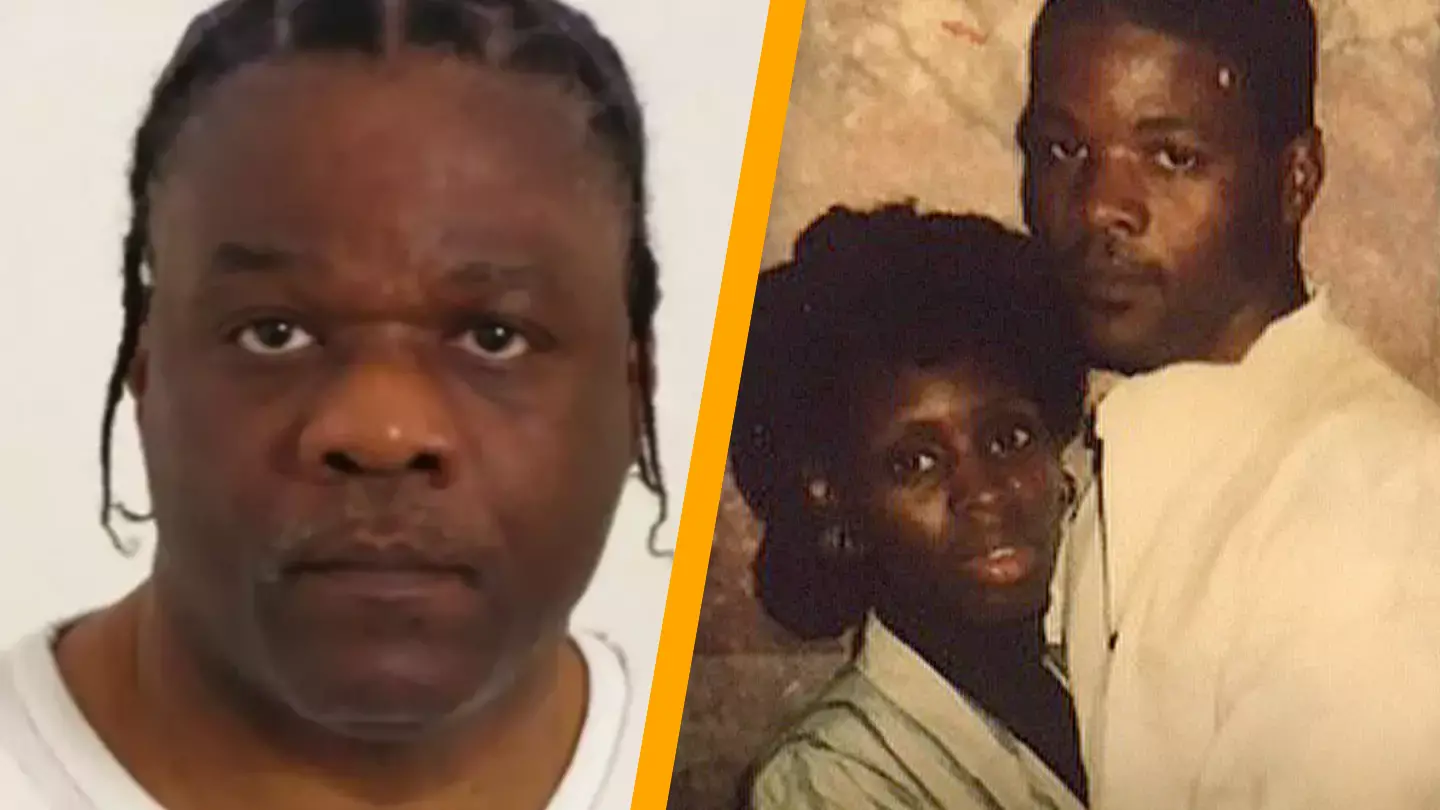The family of Ledell Lee was devastated when DNA from another individual was discovered on the murder weapon four years after Lee had been executed for murder.
In 1995, Lee was convicted for the 1993 murder of Debra Reese, who was found dead after being ‘strangled and beaten’ with a small wooden bat.
The Arkansas Supreme Court upheld the conviction in 1997, but doubts have persisted about Lee’s guilt.
Witnesses placed Lee near the crime scene, according to Reese’s neighbors, but his family disputed this in a 2020 lawsuit.
“No physical evidence directly tied Mr. Lee to the murder of Ms. Reese,” the family stated.

Executed on April 20, 2017, Lee maintained his innocence in his final words to the BBC.
“My dying words will always be, as it has been: I am an innocent man,” he declared.
In 2021, an attorney for Lee’s family revealed that DNA from someone else was identified on the murder weapon, casting further doubt on Lee’s conviction.
Lee’s former attorney, Lee Short, told CNN: “I think if those results had been had before he was executed, he’d still be alive.”
Comprehensive DNA testing, conducted by Lee’s family attorneys, the Innocence Project, and the American Civil Liberties Union, revealed DNA from an unidentified man on the weapon.
According to CNN, this DNA matched that found on a bloodied white t-shirt wrapped around the weapon, attorneys reported.
Additionally, DNA tests were conducted on six hairs found at the crime scene, which were presented as evidence in Lee’s trial.
The findings indicated that Lee was not a source for five of the six hairs.

Following the discovery, Lee’s sister, Patricia Young, issued a statement through the Innocence Project: “We are glad there is new evidence in the national DNA database and remain hopeful that there will be further information uncovered in the future.”
She also requested: “We ask for privacy for our family in this difficult time.”
Although DNA testing occurred post-conviction, Lee’s legal team had sought it during the appeals process but were denied.
“The reasoning given by the judge was it wouldn’t matter, that there were three people who saw him at or near that neighborhood on that day and time and honestly the DNA just wouldn’t matter,” Short explained.
Former Arkansas governor Asa Hutchinson commented that the evidence was ‘inconclusive,’ stating, “the jury found him guilty based upon the information that they had.”

